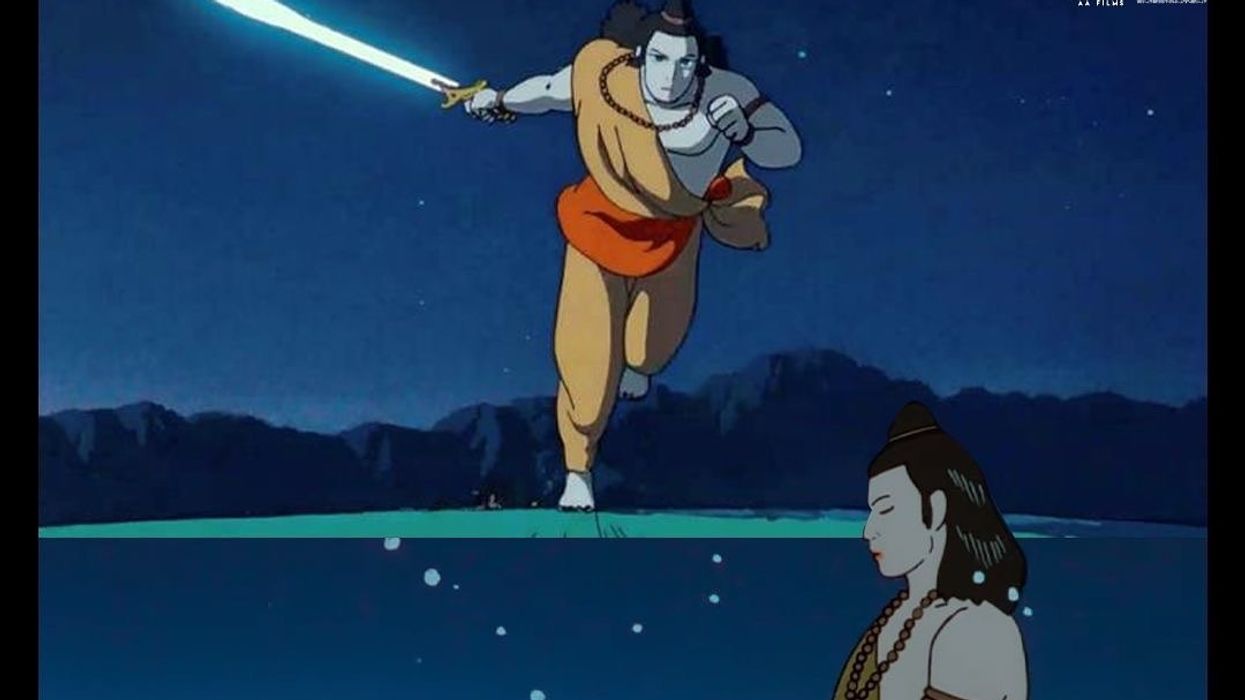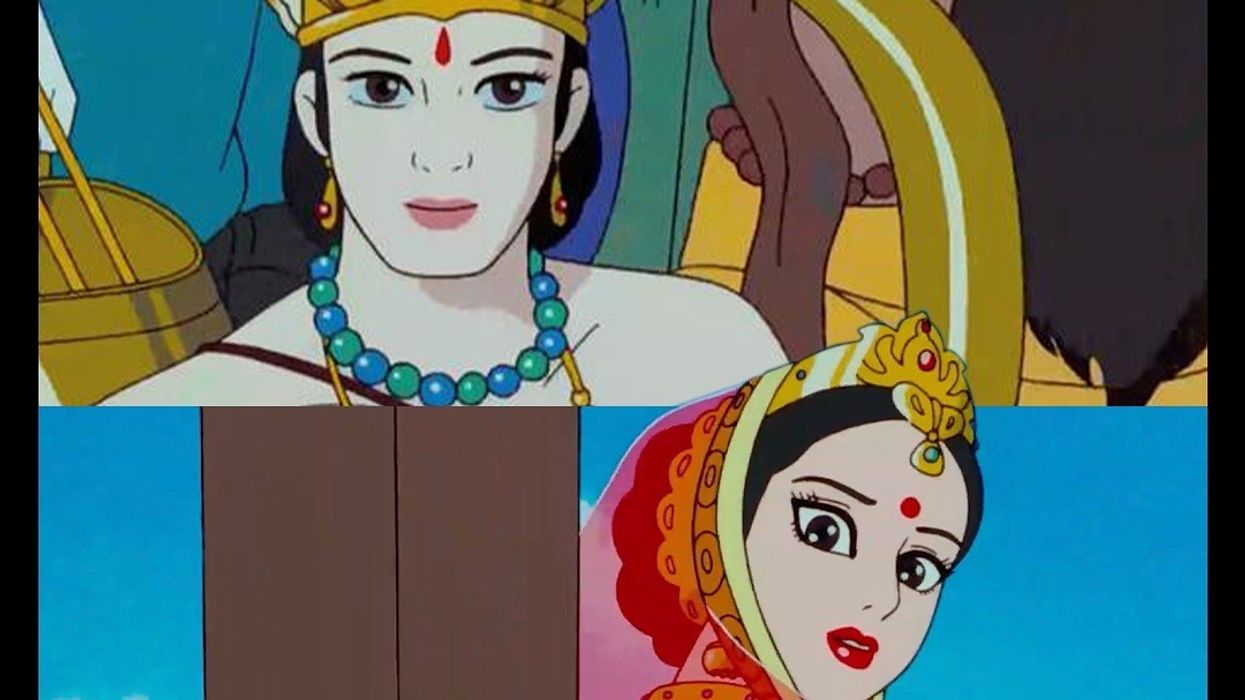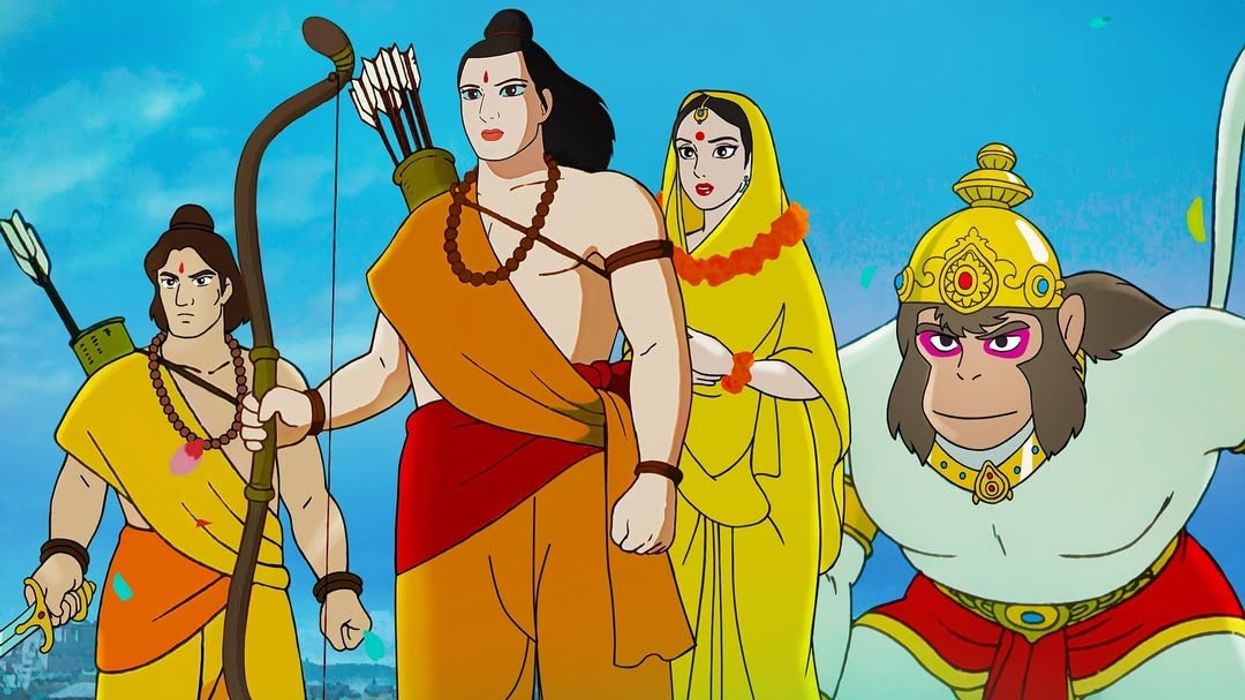THE INDO-JAPANESE animated film Ramayana: The Legend of Prince Rama returned to cinemas today, January 24, 2025, after 32 years. The film has been remastered in 4K quality with upgraded sound and is now available in Hindi, English, Tamil, and Telugu. The release follows a long journey to bring the film to Indian audiences.
Originally released in 1993, Ramayana: The Legend of Prince Rama is a collaboration between Indian and Japanese filmmakers. The project began in the 1980s when Japanese filmmaker Yugo Sako, inspired by the Ramayana, decided to adapt it into an animated film. Sako believed animation could better convey the divine aspects of characters such as Lord Rama compared to live-action.
- YouTubeyoutu.be
The film combines Japanese manga and Disney-style animation with traditional Indian art, drawing particular inspiration from the works of Ravi Varma. The aim was to create a film that reflected the essence of the Ramayana while making it accessible to a global audience.
Despite receiving international acclaim and premiering at the International Film Festival of India in 1993, the film faced significant backlash in India. The depiction of Hindu gods by Japanese animators sparked controversy. At the time, India was experiencing a politically volatile period, marked by the Ram Janmabhoomi movement and the demolition of the Babri Masjid. These events heightened communal tensions, complicating the film’s distribution.
Conservative religious groups, including the Vishva Hindu Parishad (VHP), opposed the portrayal of Hindu deities by foreign filmmakers. Citing concerns over potential unrest, the Indian government delayed the release of the film, which was eventually banned.

After being barred from theatres, the film premiered on Doordarshan, India's state-run television channel, in 1995. The Hindi-dubbed version, featuring Arun Govil as Rama and Amrish Puri as Ravana, introduced the epic to Indian audiences. Despite the controversy surrounding its initial release, the film gained recognition for its animation and portrayal of the Ramayana.
Today marks the return of Ramayana: The Legend of Prince Rama to cinemas, remastered in 4K with enhanced audio and visuals. The theatrical release coincides with renewed interest in the Ramayana epic, reflected in adaptations like Om Raut's Adipurush and the upcoming film starring Ranbir Kapoor and Sai Pallavi.
The remastered version allows a new generation to experience the story in updated clarity, highlighting the historical ties between Japan and India. The re-release underscores the enduring appeal of cross-cultural storytelling.

Ramayana: The Legend of Prince Rama highlights intercultural understanding and universal storytelling. After decades of delays and controversies, the film has finally reached Indian theatres, showcasing the enduring appeal of the Ramayana and the significance of cultural collaboration.





